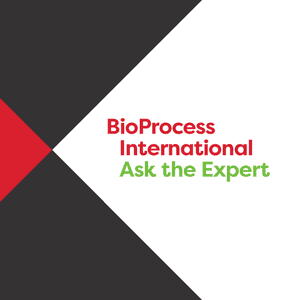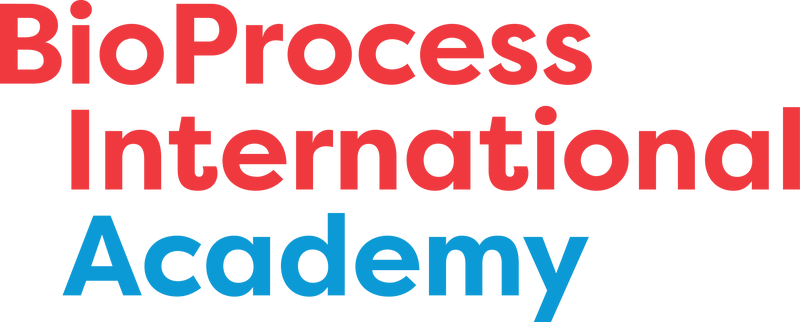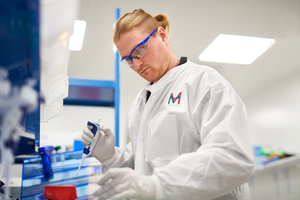Maxion awarded grant to advance antibody platform

Maxion Therapeutics has been awarded £2 million ($2.4 million) from Innovate UK to develop ion channel antibodies for autoimmune diseases.
The grant from Innovate UK is part of its £25 million ($31 million) Biomedical Catalyst fund, which aims to support UK-registered businesses to advance solutions to address health and healthcare challenges.
Maxion, a Cambridge, UK based firm, will use the funding to support and develop its KnotBody platform for autoimmune diseases with high unmet clinical need.

DepositPhotos/AndrewLozovyi
“KnotBody platform utilizes a novel antibody fusion format to drug ion channels and GPCRs, two traditionally difficult target classes for monoclonal antibody (mAb) generation,” Aneesh Karatt Vellatt, chief scientific officer at Maxion told BioProcess Insider.
“Naturally occurring cysteine-rich ‘miniproteins’ (known as Knottins) targeting ion channels or GPCRs are fused into the surface of antibodies to create functional antibody fusions called KnotBodies. KnotBodies combine the ion channel-blocking activity of knottins with the excellent drug properties of antibodies, including long half-life in the body and the ability to further engineer their properties.”
The funding follows Maxion’s $16 million Series A financing round in February to advance the Knotbody platform. As to date, small molecule drugs have been successfully created against ion channels, but there are no authorized antibody drugs of this target class.
“mAbs represent 7/10 best-selling drugs as they benefit from excellent binding specificity to their targets, long in vivo half-lives and well-established manufacturing processes,” said Karatt.
“However, traditional antibody formats and discovery approaches have struggled to generate functional ion channel modulators against ion channels and GPCRs. For example, no mAb targeting ion channels is approved or undergoing clinical trials. Knottins, on the other hand, are excellent ion channel modulators but suffer from short in vivo lives and difficult manufacturing, increasing the frequency and cost of treatments.”
About the Author(s)
You May Also Like







